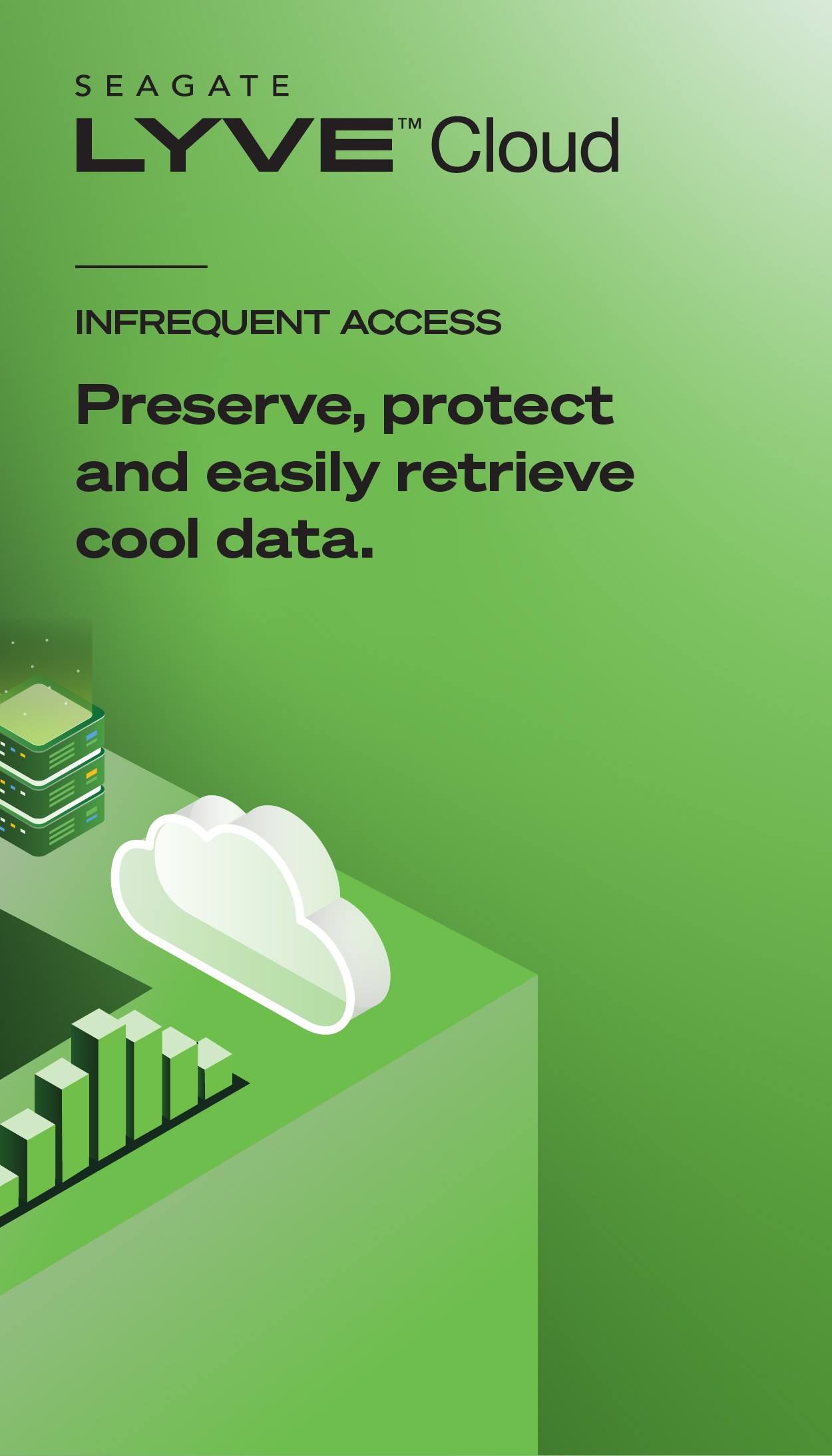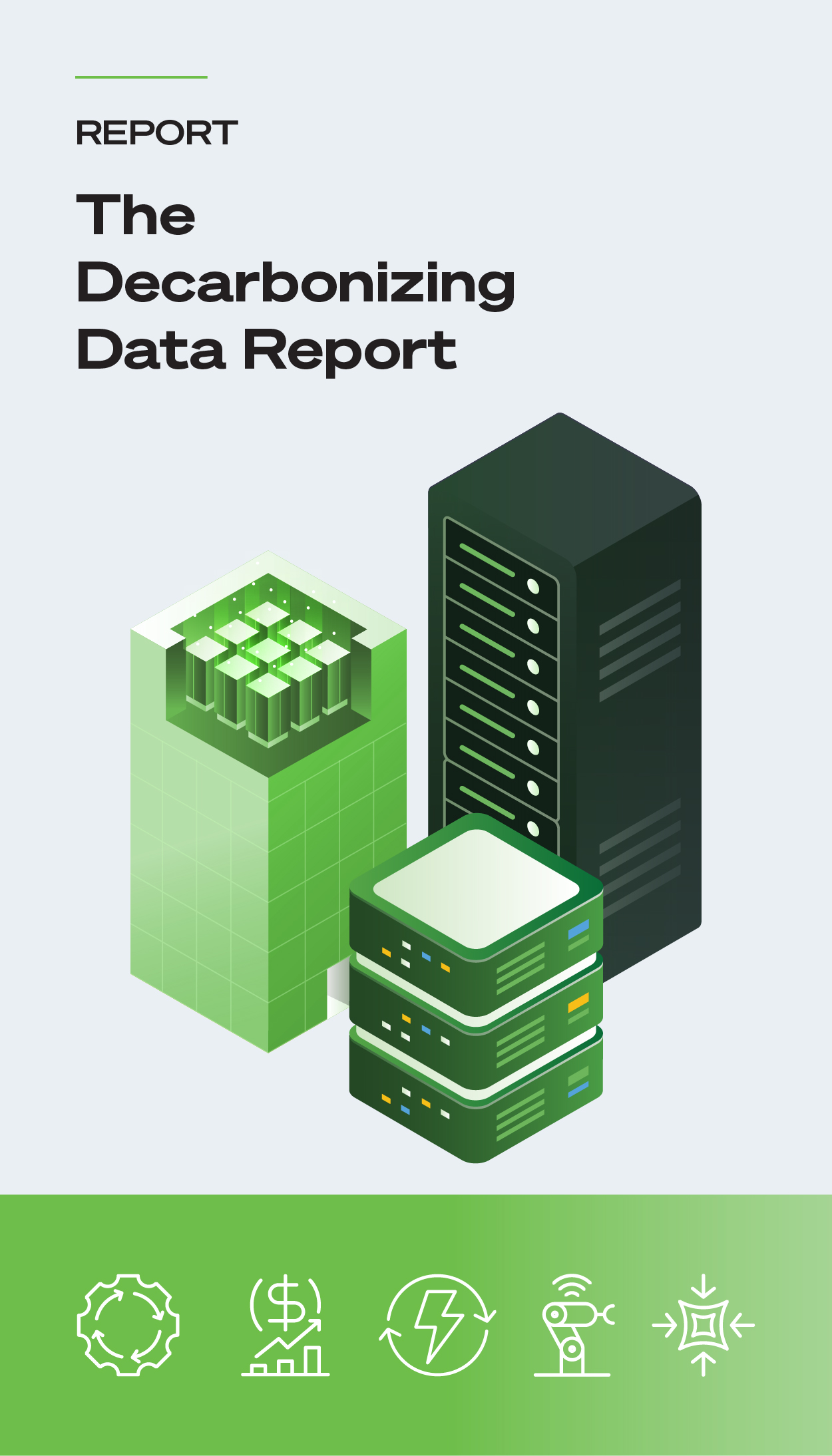What Is an Enterprise Data Archive?
Enterprise data archives are storage systems or platforms for storing organizational data that are rarely used or accessed, but are nevertheless important. This may include financial records, internal communications, blueprints, designs, memos, meeting notes, customer information, and other files that the organization may need later.
Enterprise data archives first emerged as a way to protect the organization against legal threats. If the organization faced legal disputes from its vendors, suppliers, clients, other business entities, or even its customers, it could use these records to defend itself. These early enterprise data archives were mostly paper records kept in designated storage units.
More recently, organizations are moving their data archives to cloud-based solutions. Cloud-based solutions make data archives more accessible and reduce the associated costs. It also allows businesses to analyze their own operations and findingfind insights to improve their processes.
Benefits of Enterprise Data Archives
Data archives are now table stakes for protecting the organization from legal threats, and keeping it compliant with regulations. However, there are several benefits beyond these for organizations. Here are a few:
Increased data storage capacity
Without designated data archives, businesses would be forced to keep all their data in one place for retrieval. As the organization evolves and scales, the size of this storage will continue to grow, making it expensive and difficult to manage.
With a separate data archive, old and rarely accessed data can be managed at lower cost. This frees the organization to manage the rest of their data while at the same time increasing their overall storage capacity.
Easier backup
Data backups are necessary to help the organization recover in the event of an outage that makes its data inaccessible.
In the absence of an enterprise data archive, the organization is forced to keep all of its data together, and conduct regular backups of everying, even if the data is rarely accessed or updated. This increases the cost of data backups and makes them difficult to manage.
With a designated data archive, the unused data remains safe, and won’t be included in frequent backups. It reduces costs and keeps overall data management easier.
Enhanced productivity
Teams are productive when they have quick access to the information they need. Searching deep troves of data is inefficient and time consuming.
The lack of an enterprise data archive ultimately affects the entire organization. With too much data to handle, technology must work harder, slowing network resources and affecting everyone.
A dedicated data archive solution both employees and IT infrastructure has less data to handle and process.
Refined management decisions (based on user activity data)
Enterprise data archives help management fine-tune data-oriented decisions. Businesses and executives get better visibility into the organization’s data and operations. They can better understand the systems and data that employees and customers are using.
With this enhanced visibility and data, organizations can better invest their resources. In the absence of a data archive, businesses will struggle have an accurate view of their organization.
How Do Data Archives Help Enterprises Transform Their Businesses?
Data archives can transform the way a business operates. Here’s how:
Storage management
Data archives help businesses reduce the amount of data storage they need to manage. Without a data archive, it becomes more costly to manage data — companies need to invest in various human resources and technologies to collect, update, track, store, and remove the data as it goes through its lifecycle. A data archive simplifies this process, by reducing the overall data an organization must deal with and move around.
When organizations have detailed records of their operations, they can explore how to make improvements. For example, companies can use the data to conduct investigative audits to understand their inefficiencies, losses, bottlenecks, and other issues holding them back. Those historical insights lead to better long-term decisions
Prepare data-driven reports
Enterprise data archives are not just all the unused data piled together into a storage solution. They are designed to collect the necessary data regularly, organize them in an accessible manner, and store them at the lowest cost. They are built to help businesses search for, locate, and retrieve the data they need as easily as possible.
This helps analysts base their reports and suggestions on solid data instead of anecdotes or quotes from department heads.
Preserving historical information
Data archives help organizations store historical information for later access. This information may be necessary for employees to make decisions or in some cases to comply with industry regulations. For instance, there are specific guidelines from OSHA on how long an organization should store accident reports.
Traditional storage options add to the cost of archiving over the long run. Data archiving allows organizations to achieve their information, preservation goals and requirements at a lower cost.
How Can Enterprises Make the Most out of Data Archiving Using Lyve™ Cloud?
Lyve cloud offers enterprises a streamlined and flexible data archiving solution. Here’s how:
High data resiliency
Lyve cloud platform is built to be fault-tolerant, durable, and highly resilient. With Lyve, data shards are spread across multiple nodes, each in their own data center racks. The platform ensures that no two copies of the same object are on the same HDD or storage node. This approach eliminates the risk, of data being inaccessible unless 50% of Lyve's infrastructure fails.
Lyve also keeps track of sectors that may fail using a predictive failure algorithm and progressively moves the data to another hard drive.
Reduced data loss
Lyve cloud offers eleven nines of durability with a very low MTTR. The platform takes a proactive approach to prevent bitrot by conducting regular data integrity checks and actively tracking and fixing issues.
Lyve’s advanced erasure code ensures that in the event of a disk failure, the data is reconstructed with shards from other HDDs and storage nodes. This approach makes data loss a nearly nonexistent possibility.
Quick recovery
When needed, Lyve cloud offers quick data recovery from data archives. The platform offers industry-leading eleven nines of durability and 99.99% availability. It allows businesses to store their data close to the edge for easy access. Lyve also offers optional multi-site replication for redundancy. With a direct connection via ECX fabric or Metro Connect, Lyve offers its customers quick and low latency access even without higher internet bandwidth.
Assists in decision making
Lyve cloud is designed for organizations to take complete advantage of multi-cloud. It is vendor and infrastructure agnostic and keeps the organization’s data agile and mobile. Lyve allows organizations to move their data between different vendor solutions and is designed to prevent vendor lock-in.
This means that the business won't have to worry about making the wrong vendor choice. If a vendor or a solution stops working for the organization, Lyve will ensure an easy switch.
Reduced security risks
Lyve offers data immutability to customers in the form of Write Once Read Many storages. The platform is ISO 27000 and SOC 2 certified and complies with other top industry security certifications including the National Institute of Standards and Technology.
The platform enforces TLS 2.1 with 256-bit encryption for data in transport. For data in rest, users can opt for encryption with a user-provided key or a key generated by Lyve’s key management system.
If a client chooses to switch off their services from Lyve, their data will be erased cryptographically.
How Does Seagate as a Storage Partner Simply the Enterprise Data Archive?
Seagate helps enterprises simplify their enterprise data archive requirements by easily managing their data archives and optimizing their storage costs. Here’s how:
Easy backup and recovery
Seagate offers 3-2-1-1 redundancy for data backups, mitigating the risk of a business outage. The platform helps organizations reduce or eliminate downtime with lightning-fast recoveries. Lyve also offers multi-region availability, replication, and object immutability to ensure business processes are sustained even in the event of a malware or ransomware attack.
The platform allows frictionless data backup on the cloud and is designed to work with businesses in all industries across the globe
Increased automation
With Seagate, businesses can automate their data management strategy to a large extent. They can classify data based on their access requirements and automatically collect and store in appropriate storage platforms. The solution conducts regular automated tests to ensure the accuracy and reliability of the backups.
Seagate products offer automated and policy-driven data storage for enterprises without increasing data storage costs.
Stability and security
Seagate’s storage solutions are known for their enterprise-grade security. Their products are designed to keep data secure without compromising its agility. Its cloud storage products secure data in motion and at rest and are certified to the industry’s top security standards.
Seagate also offers long-term cost predictability with a stable TCO, including transparent billing with no hidden charges or egress fees. Seagate’s storage solutions allow organizations to make long-term plans for their storage needs
Enhanced reliability
Reliability is one of the main factors that makes storage solutions effective for enterprises. When a business stores its data — whether on-premise or in the cloud — Seagate offers the industry’s best reliability standards.
Enriched business performance
Seagate products keep an organization’s infrastructure highly flexible. It allows the organization to make decisions while keeping the resource requirements stable. They are designed to be easy to use, comply with the highest SLA requirements, and simplify storage for enterprises.











